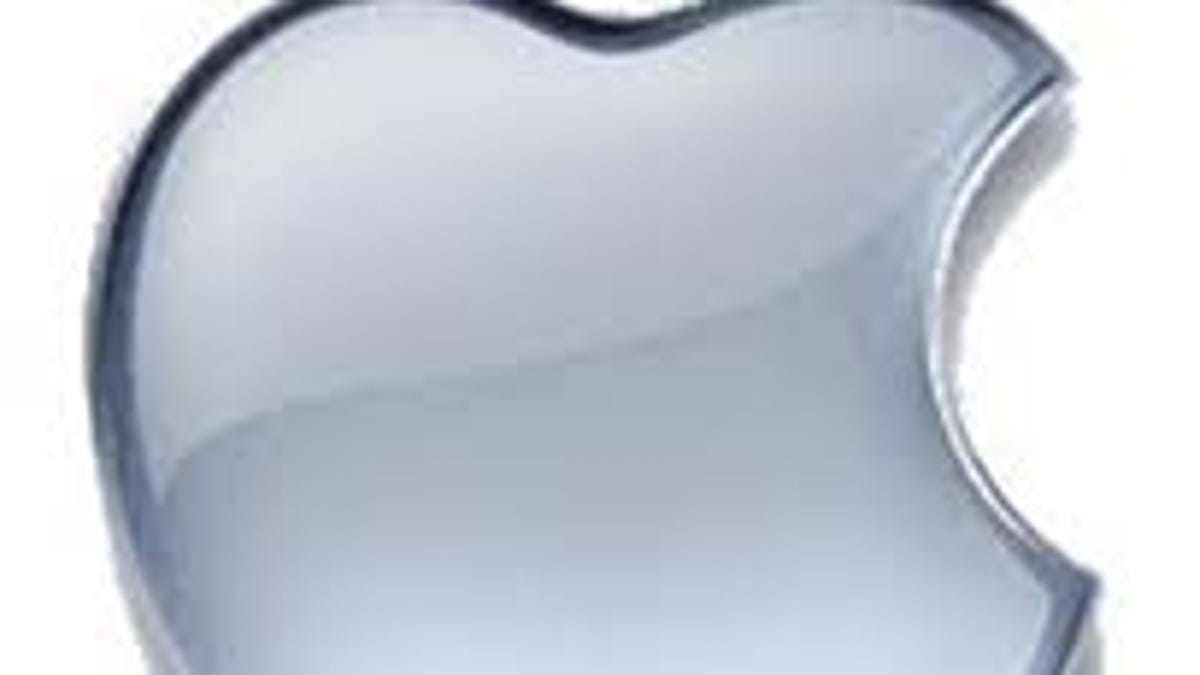Apple loses bid to seal already public OS information
Judge rules in Psystar case that information already publicly available on the Internet and in print is no longer protectable as a trade secret.

A federal judge has denied Apple's effort to seal information related to its copyright infringement case against Psystar, ruling that information already publicly available on the Internet and in print is no longer protectable.
Apple had attempted to seal documents containing information about its Mac OS X operating system and computer products as a trade secret, presumably to keep others from modifying Apple's OS to run on unauthorized hardware. Apple argued that because it was not the source of the information that the trade secret protection still existed.
However, U.S. Federal District Judge William Alsup disagreed in a ruling today, noting that the software information was available on the Web site of a book on the OS and a decryption code was available on MacBook Air laptops.
"Apple cannot have this court seal information merely to avoid confirmation that the publicly available sources got it right," Alsup said, according to a Bloomberg report.
Representatives of Apple did not respond to a request for comment.
Apple filed a copyright-infringement lawsuit against Psystar in 2008 after Psystar bought copies of the Mac OS on the market and began selling its Mac clones. Psystar countered that Apple was misusing its Mac OS X copyright by requiring customers to run the software only on its own brand of computers.
A U.S. District Court sided with Apple in 2009, ruling that Psystar "violated Apple's exclusive reproduction right, distribution right, and right to create derivative works." Apple was awarded a permanent injunction against Psystar in December 2009.

